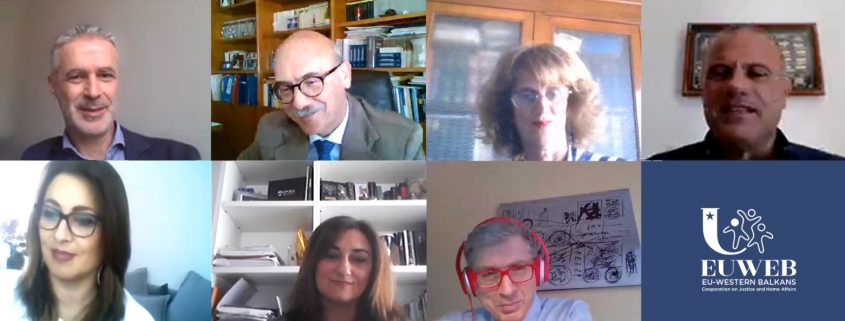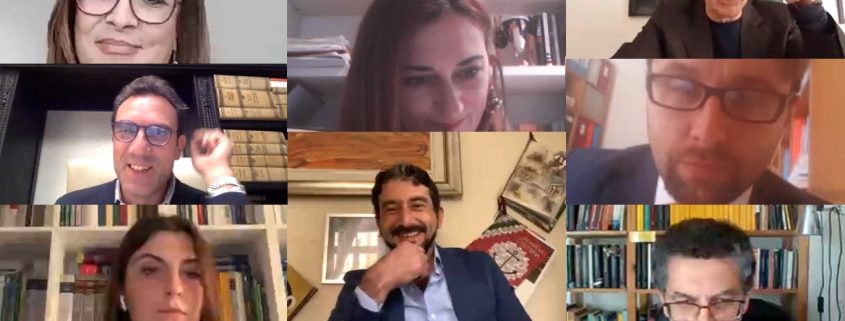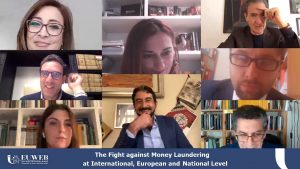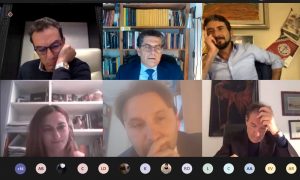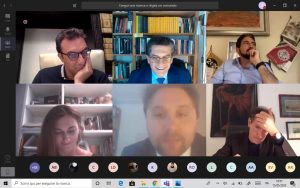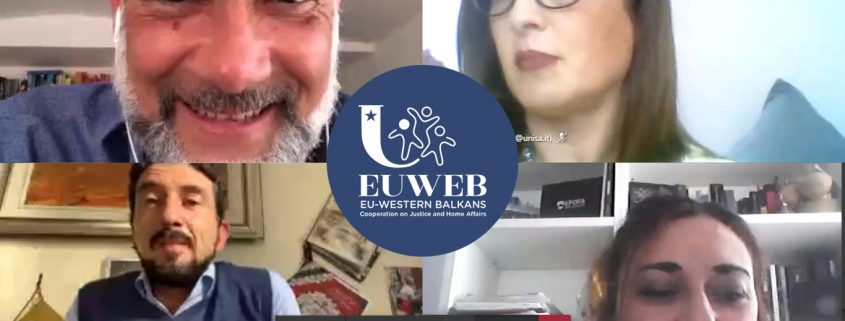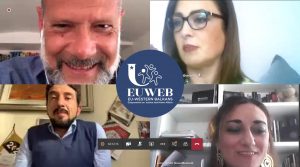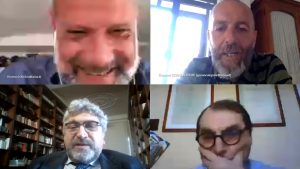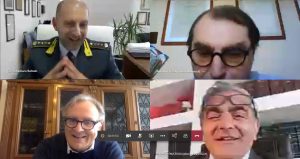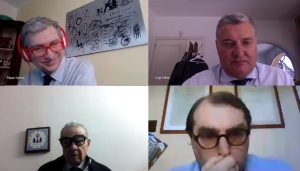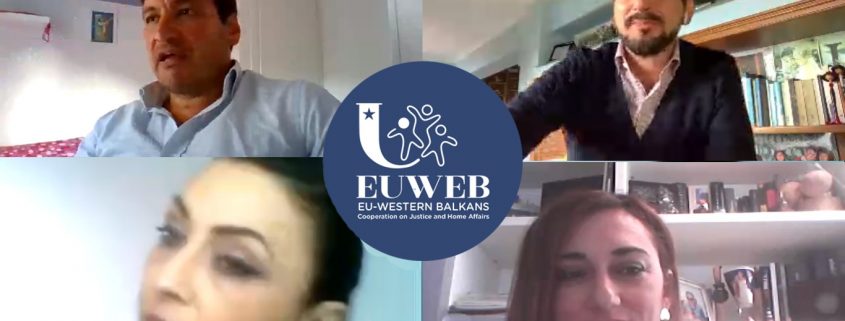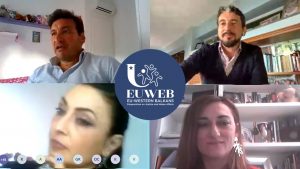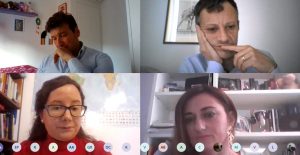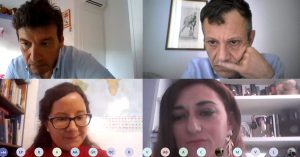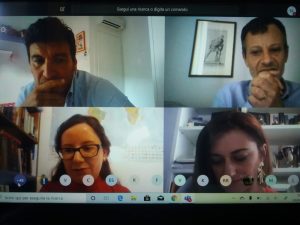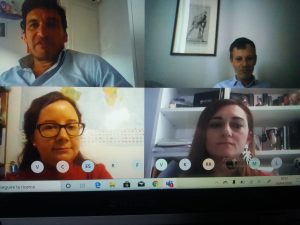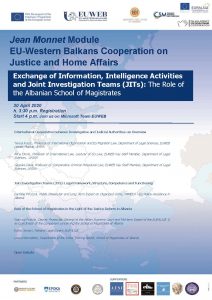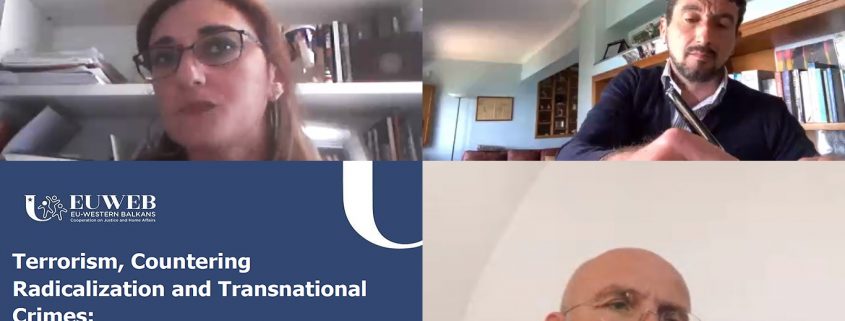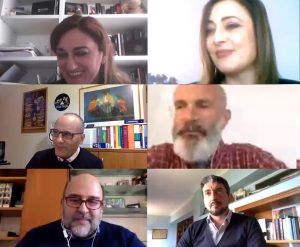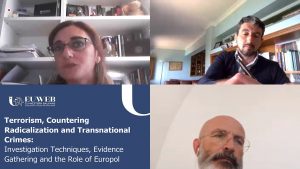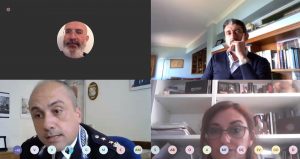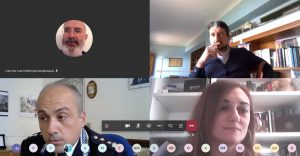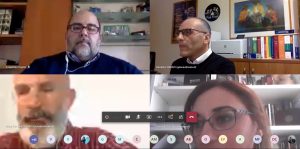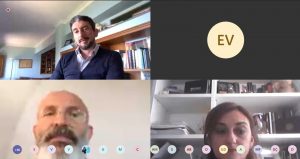
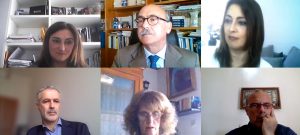
Teresa Russo, Anna Oriolo and Gaspare Dalia, Leader and Key Staff Members of the EUWEB Module addressed “The Role of Eurojust, EPPO and OLAF in the Fight against Transnational Crimes” thanks to the participation of the University of Salerno’s Professors and legal experts of the field.
The works will be chaired by Luigi Kalb, Full Professor of Criminal Procedure, Department of Legal Sciences, UNISA. The aspects of vertical cooperation and coordination between the institutions of the European Area of Freedom, Security and Justice were addressed by Angela Di Stasi, Full Professor of International and European Union Law, Department of Legal Sciences, UNISA and Jean Monnet Chair.
The technical-operational profiles of Eurojust, OLAF and EPPO were, however, entrusted to the experience and skills of Filippo Spiezia, Magistrate – National Member for Italy and Vice-President of Eurojust, and Danilo Ceccarelli, Prosecutor of the Republic at the Court of Milan, International Economic Transnational Economic Crimes.
The open debate revealed several future prospects which will be the subject of research by the EUWEB Key Staff.
For the contents of the lectures, see the section The Module/Didactic Materials on our home page.

